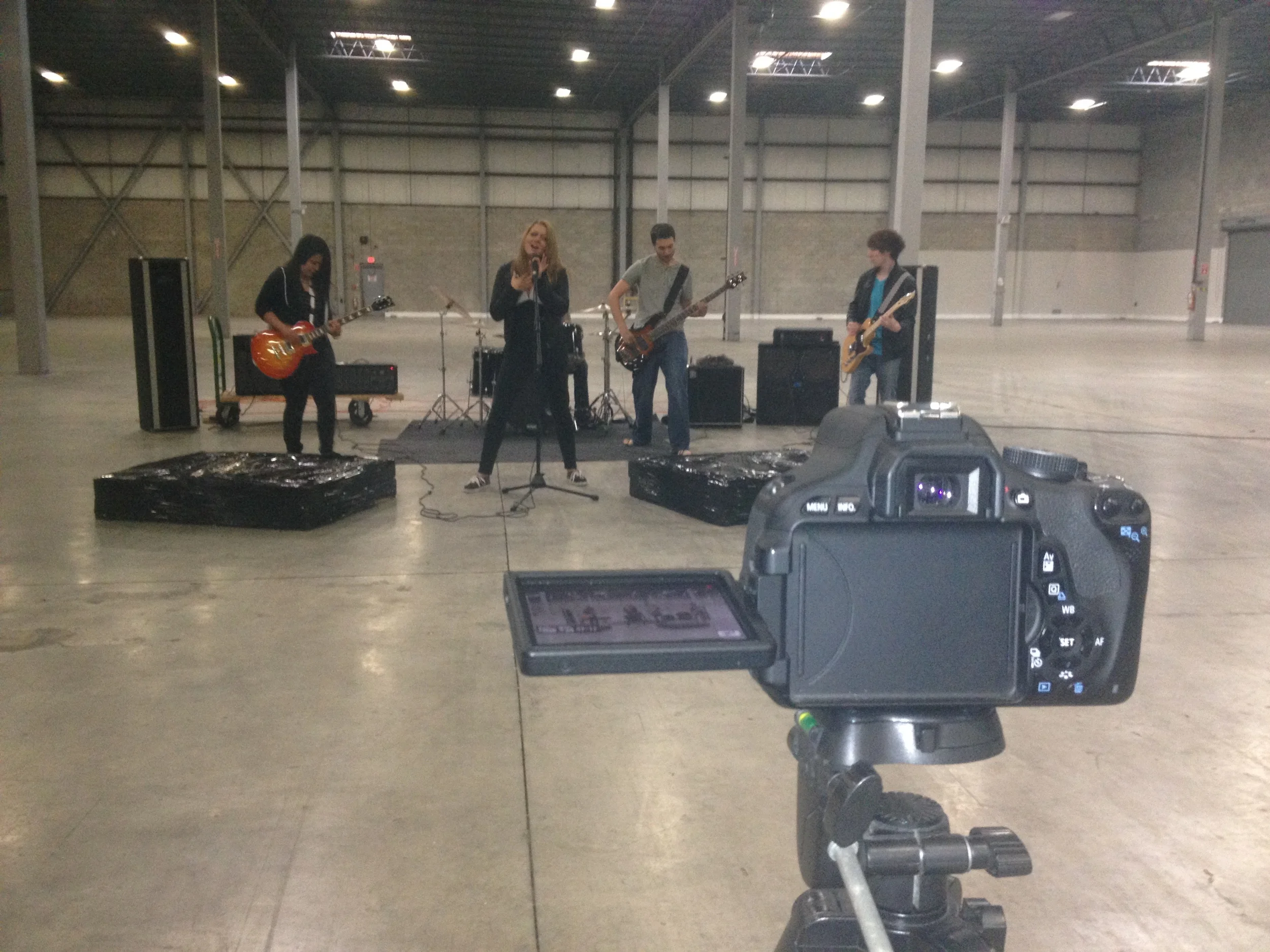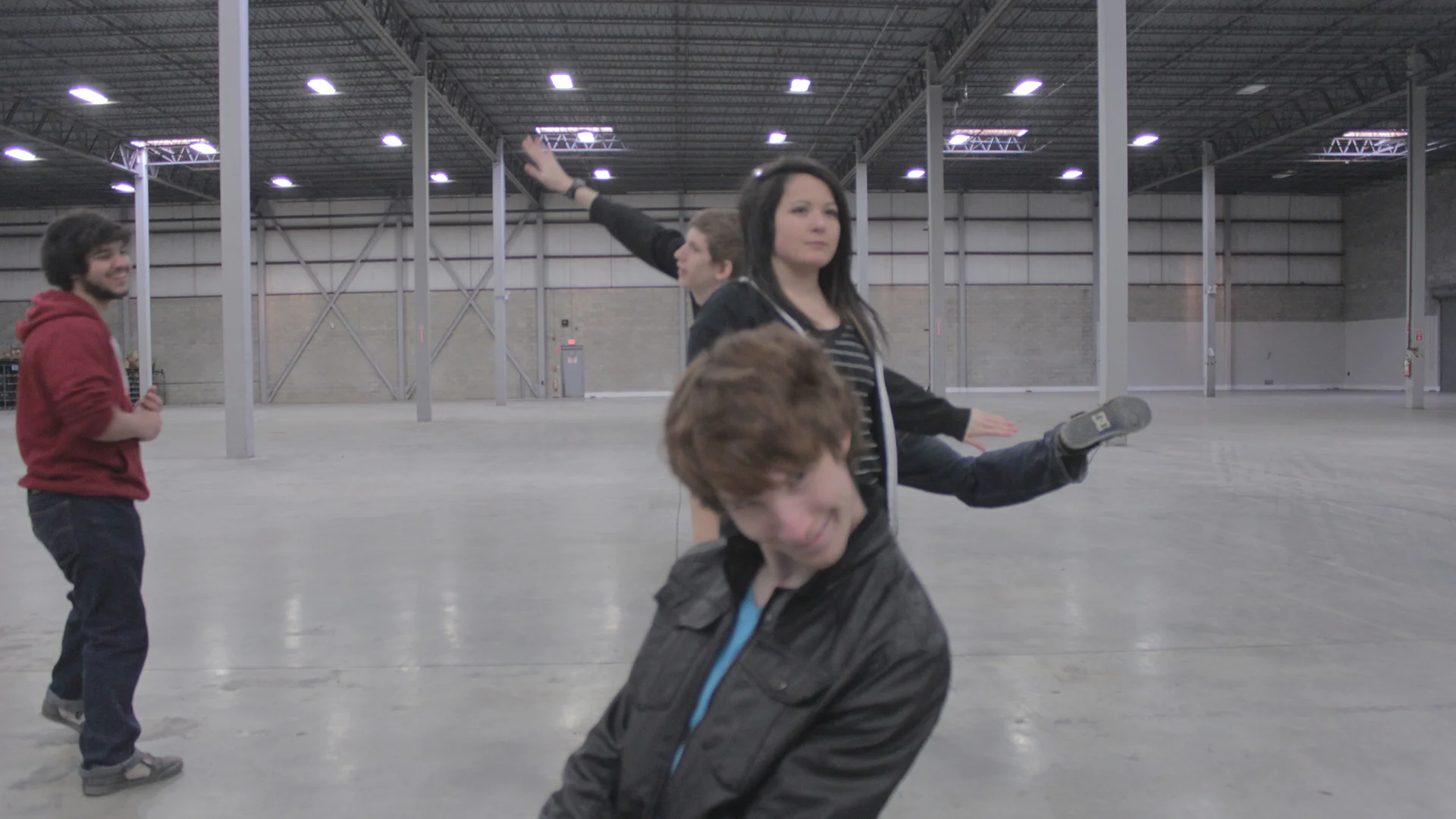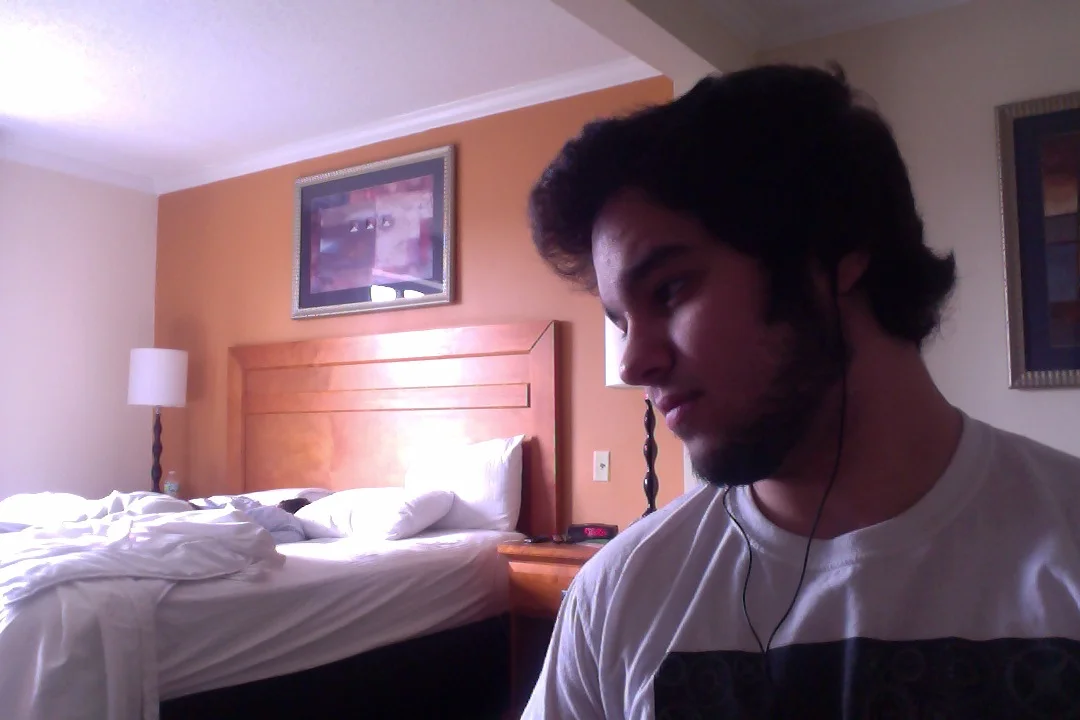Tonight I was scrolling through my Twitter feed when I came across a tweet of an article by nofilmschool.com titled, “Here's Why You Should Think Twice Before Buying That Fancy New Camera.” Curiously, I looked into it and found it spoke so much truth that it also covered a lot of insecurities I had when making videos for myself or for clients. Here are my thoughts.
Here is the full article I mentioned. I highly recommend giving the time to read this, especially if you’re a filmmaker: http://bit.ly/1MvSy9A
I've been partially guilty about "Gear Acquisition Syndrome" when it comes to filmmaking over the years. Less than two weeks ago, I actually upgraded to a newer camera, the Panasonic Lumix G7 when my Canon EOS Rebel T3i started to show its age. I, at least, felt it was time to do so, so I did it. It is an upgrade from my previous camera and still does the same job with more features, but it does not compare to industry grade cinema cameras big sun kissed studios like Paramount or Universal Studios use for their major blockbusters.
There are many insecurities I have when comparing my work next to other peoples’ work; we all have them (I hope.) One in particular I was eaten alive about was the notion that “If you want yourself and your work to be considered professional, you have to start shooting on better gear like a full frame camera. They’re just better.” Yes, full-frame DSLRs and cameras may have some features that APS-C DSLRs and mirrorless cameras don’t have, like better high dynamic range and better low light capabilities, but just because these other cameras don’t have those features or are not nearly as great doesn’t make them useless or not professional whatsoever. I dislike how often it was ingrained in my mind that that’s “how it’s supposed to be.”
I have learned that the camera you use with tremendous emphasis on how you use it determines the quality of your productions. For example, shooting with a cinema camera will basically garner better-looking images than your smartphone will, but even if you are a beginner or a professional, there will be compromises to make based on your budget. HOW you edit your shots together, how you frame certain scenes and shots with your camera, how you move your camera and how you use the rest of your equipment to evoke certain reactions or emotions will most definitely contribute to your aesthetic style as an auteur. What I mostly want to stress here is, like what Simon said in his video, your production value mainly weighs on HOW you utilize your equipment. You are not required to have the latest and greatest technology for your productions. You are also not required to shoot on big, expensive cameras like full-frame cameras, which is why Simon learned better visual techniques inside and out of his Canon T3i to get such nice images out of his set-up. There are filmmakers who shoot on cell phones and can still tell a compelling narrative better than some with high-end equipment. Simon took great advantage of his low-budget equipment like I have been doing myself over the years with my work. I should not be letting these ideologies hinder my creativity most of the time and just keep continuing to just doing it and experimenting with what I have. If I’m happy with what I shot/made at the end of the day and can formulate that into a cohesive work, that’s all that should matter.
If there’s anything left to say, by all means, make sure you make the most out of your budget, whether there is one or not. Upgrade your equipment, if and only if, it is failing and properly needs to be replaced, is actually hindering your productive efforts or if it will work well enough to do the job if you don’t have it already. I would love to shoot on bigger cameras like a RED someday like so many other filmmakers would, but I don’t necessarily need to spend tens of thousands of dollars when I can effectively do the same exact job with my equipment now. Also, I have these things called student loans that will need to be attended to first, and rent, food, all that jazz.
I need to make sure, above all, that I have the basics of production gear, whether that be a camera, a lens, a microphone and some lights, and a crew capable of collaboration to show and tell a provoking visual story. I should not let my perfectly-working technology and handy crew hinder my creativity because "I don't have a RED Epic" to tell the story all for me.
Thanks for reading. Do you agree? Disagree? Did I miss anything? You can talk to me @MitchGFilms on Twitter or down in the comments. Let's have a discussion.



















